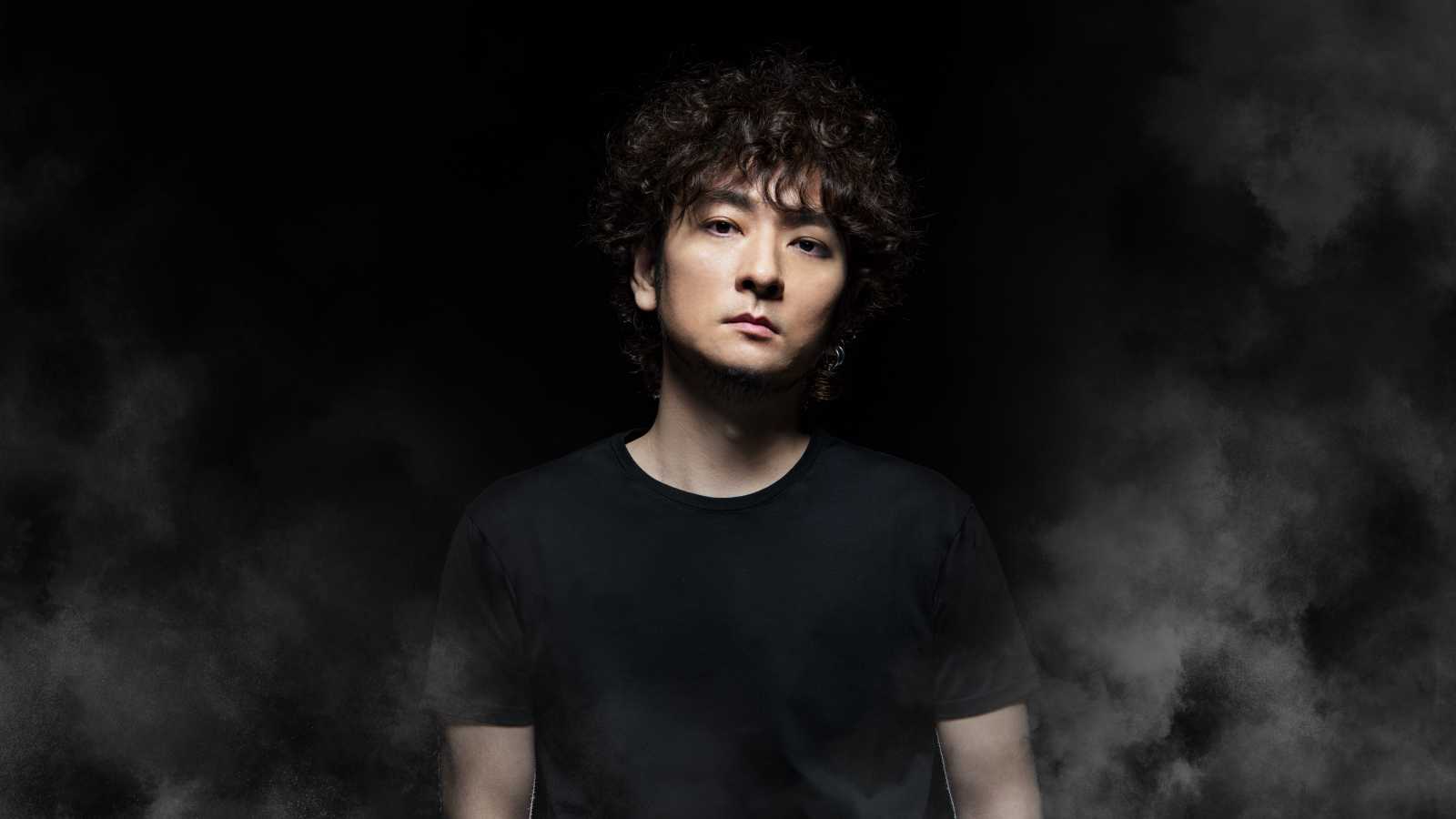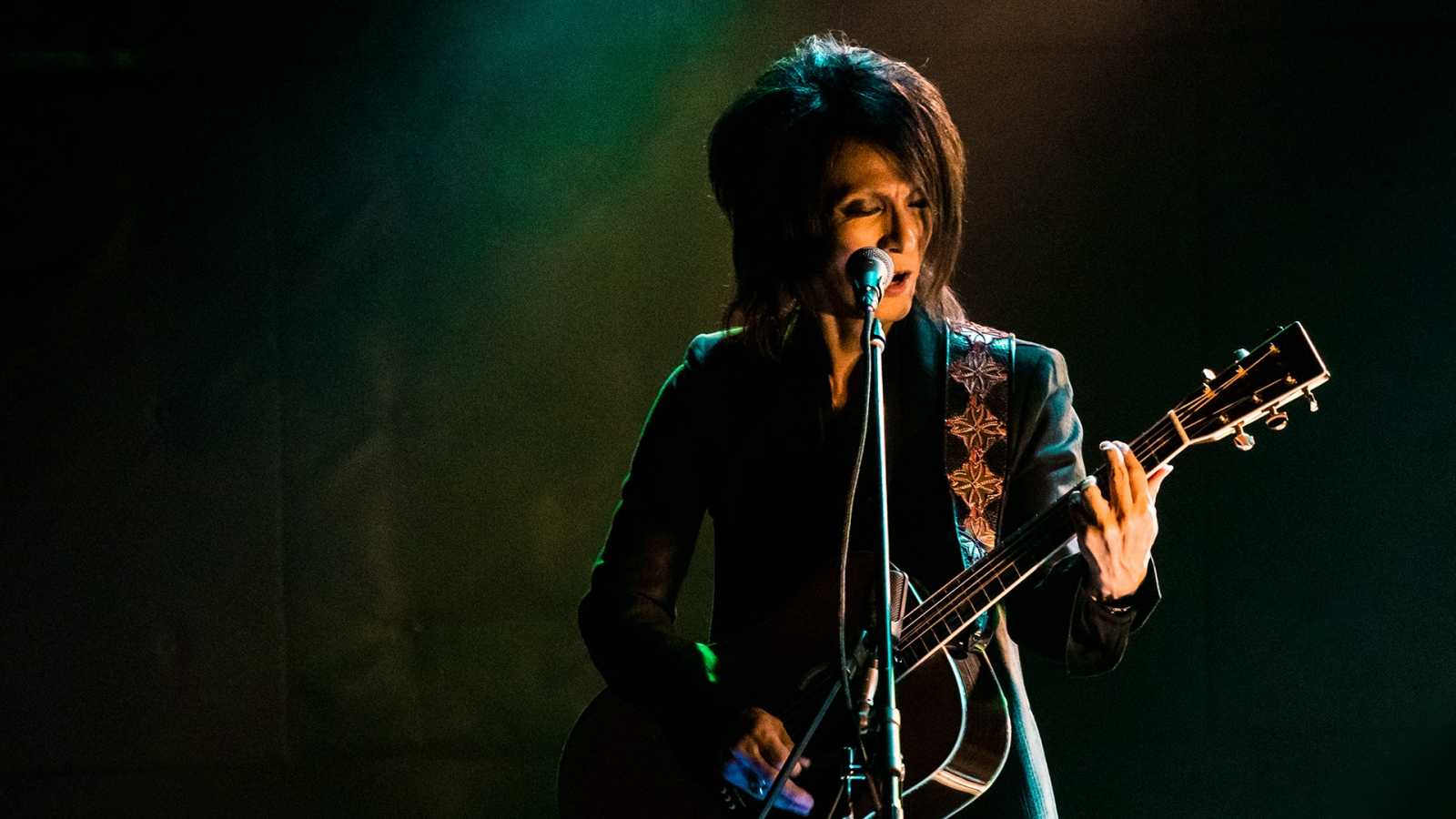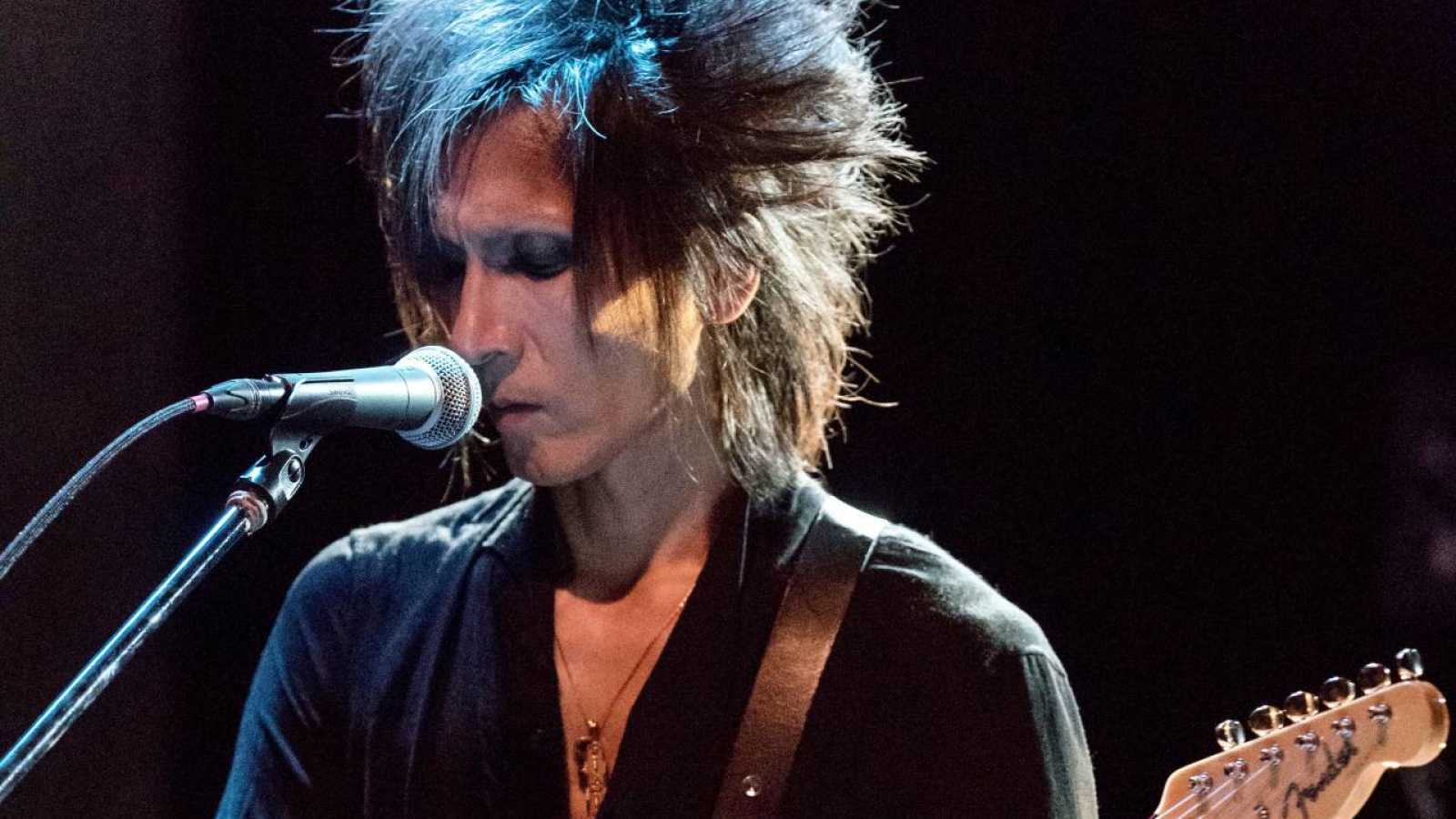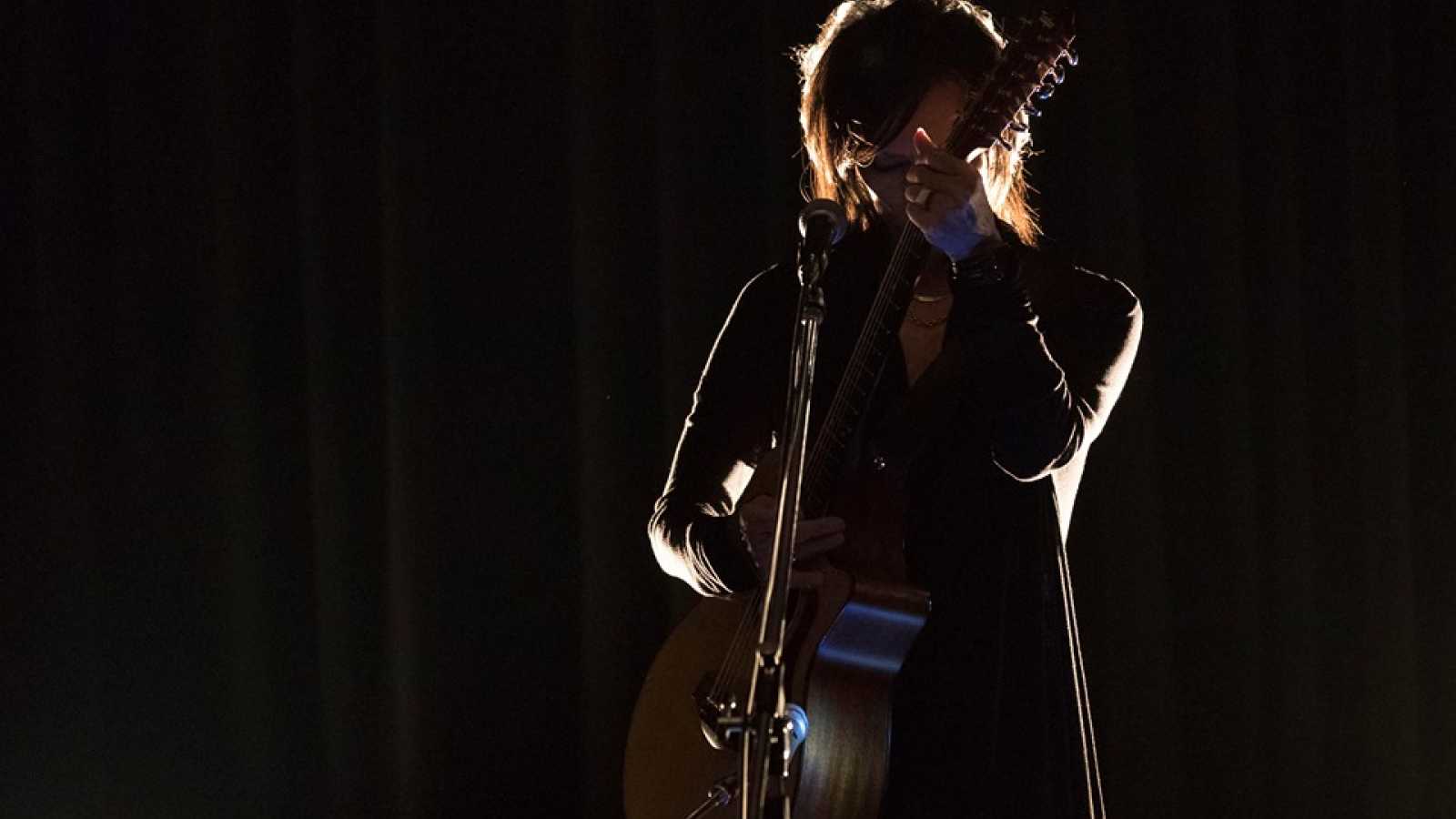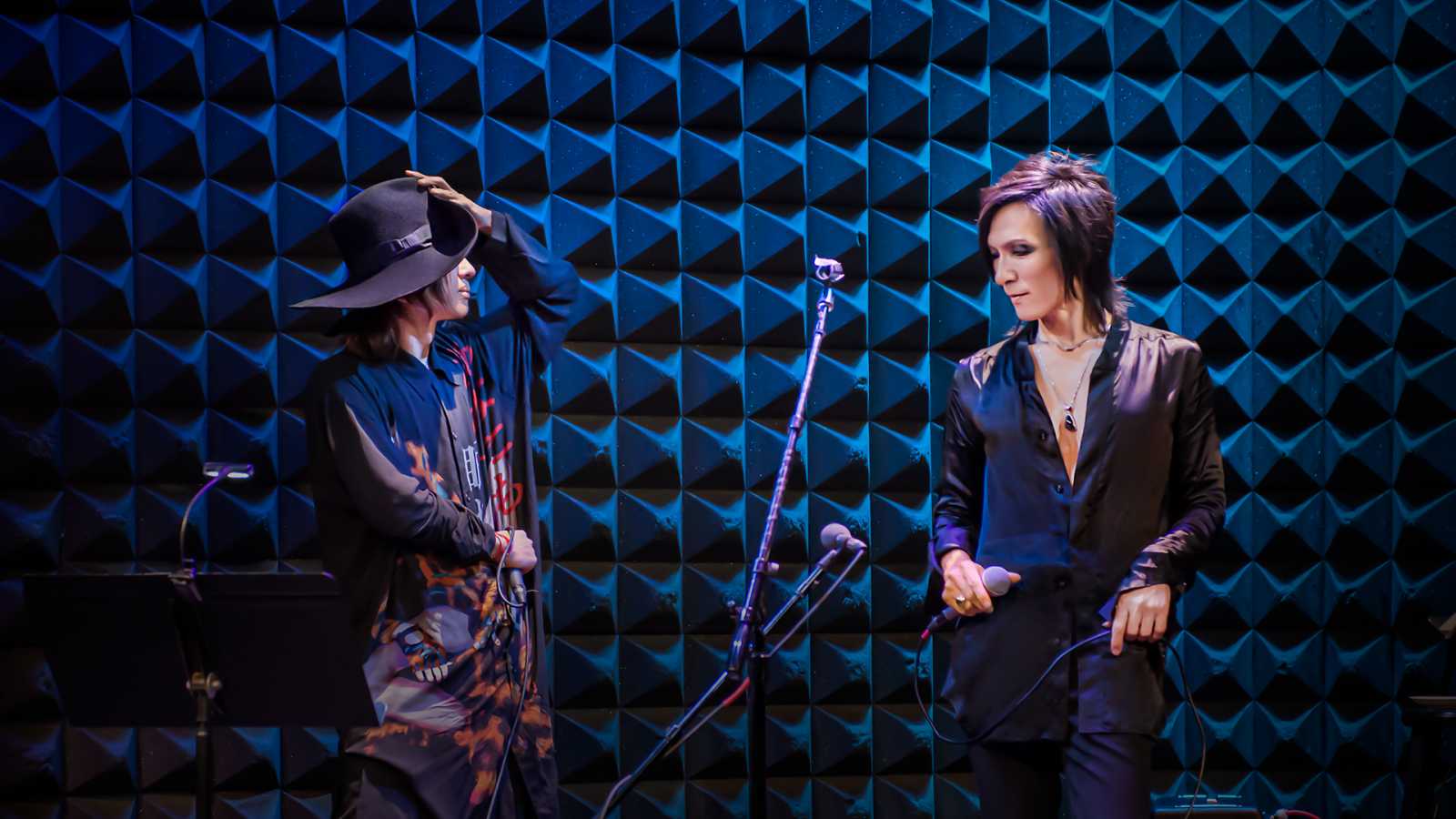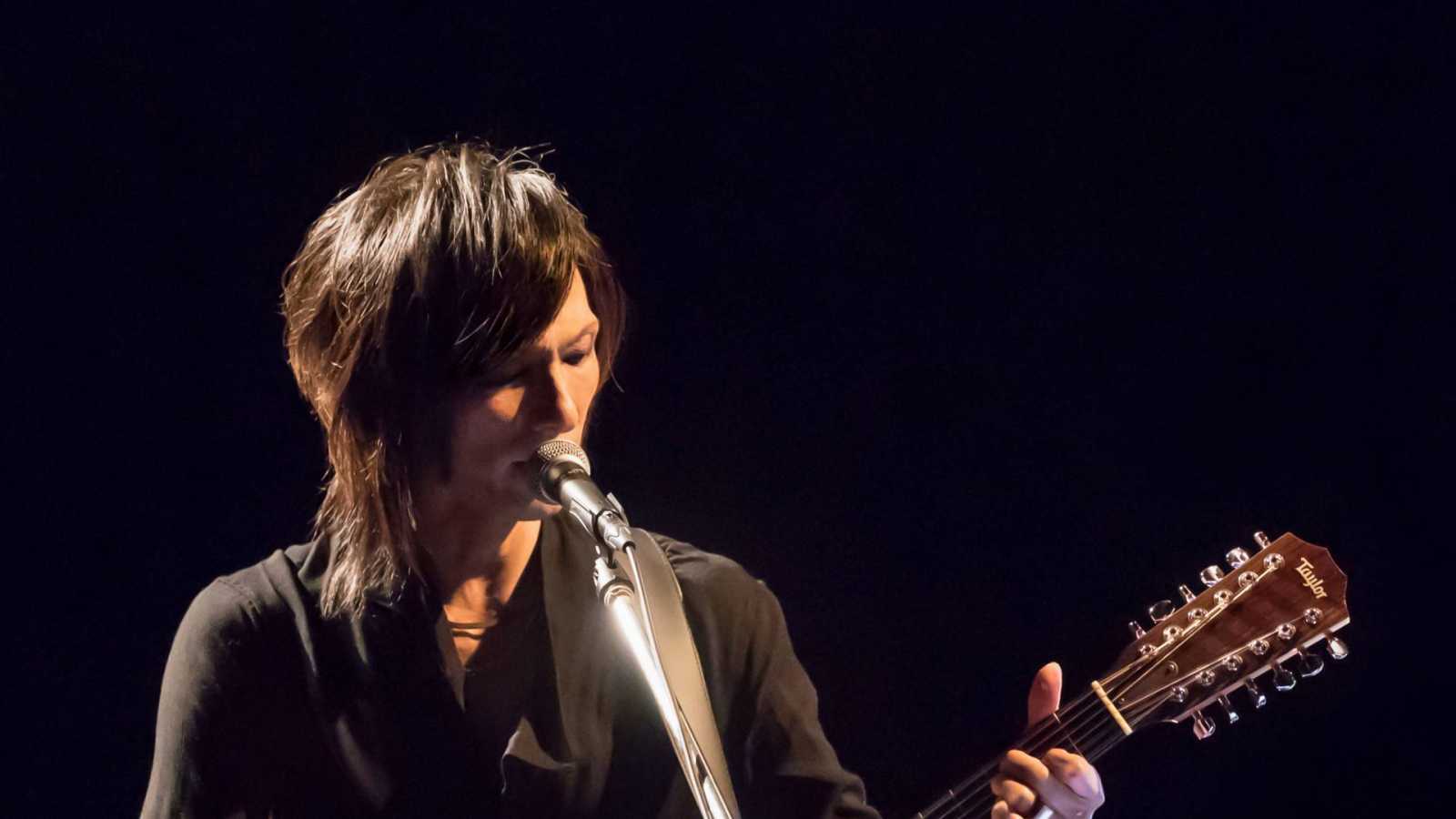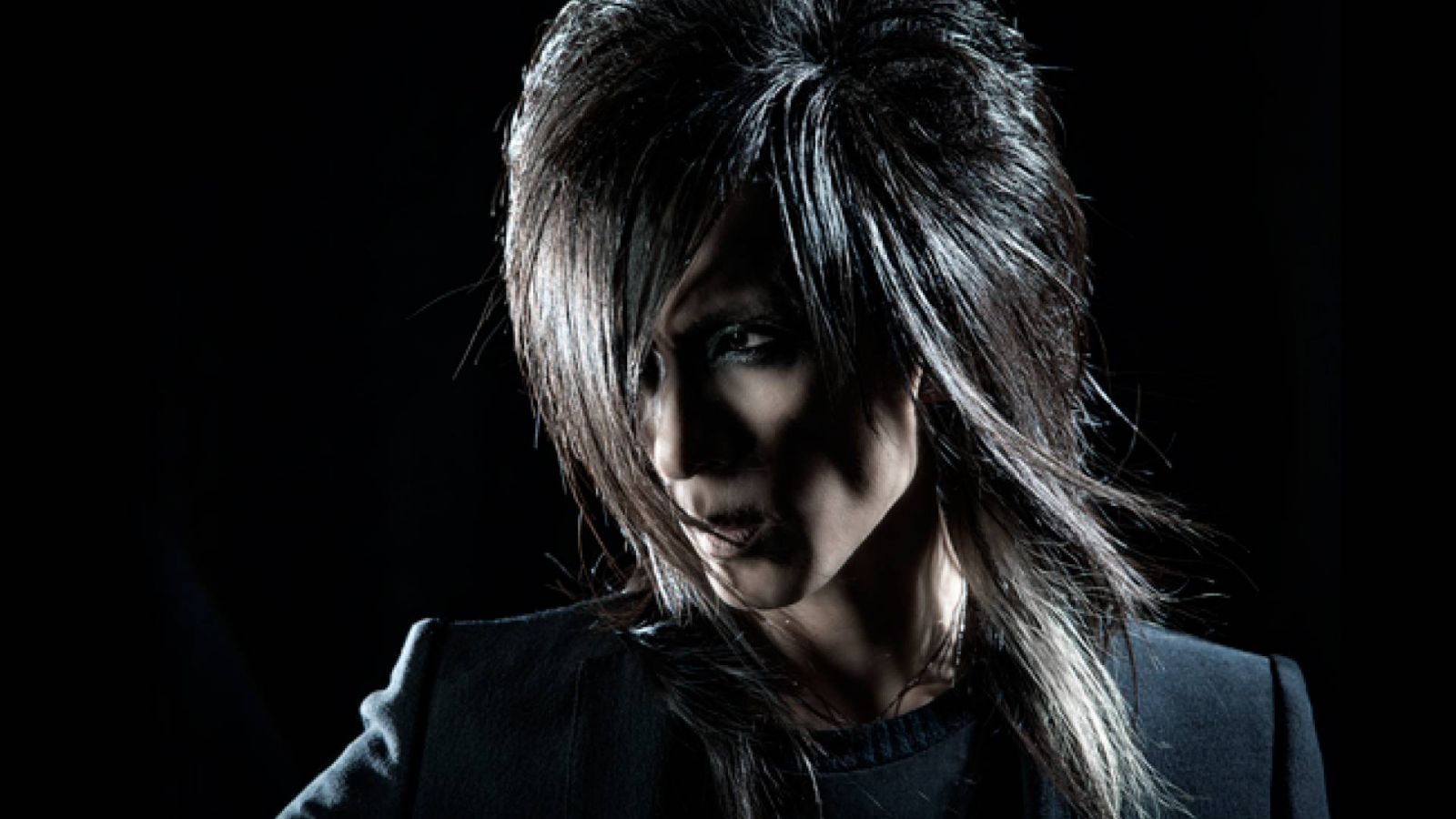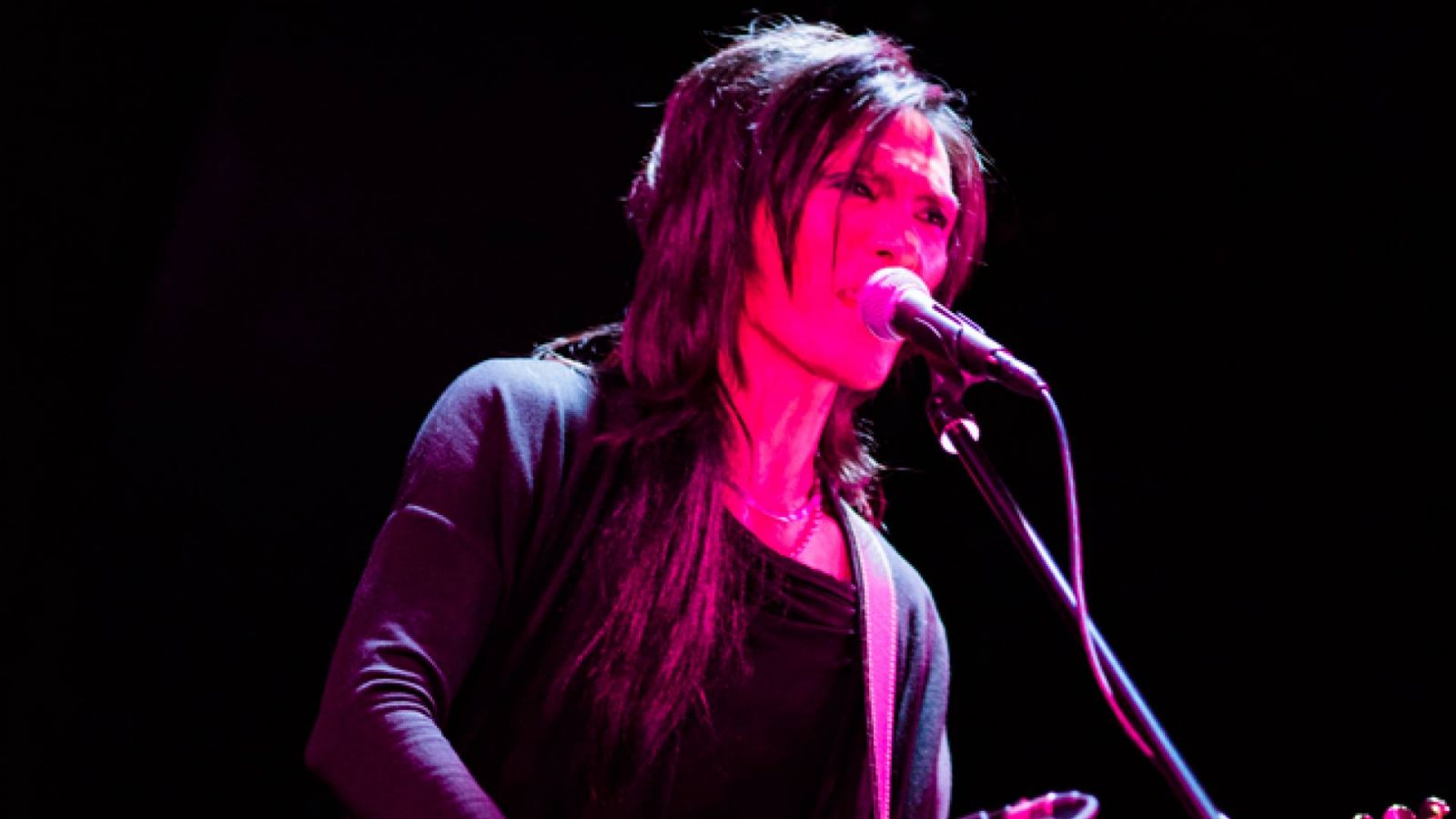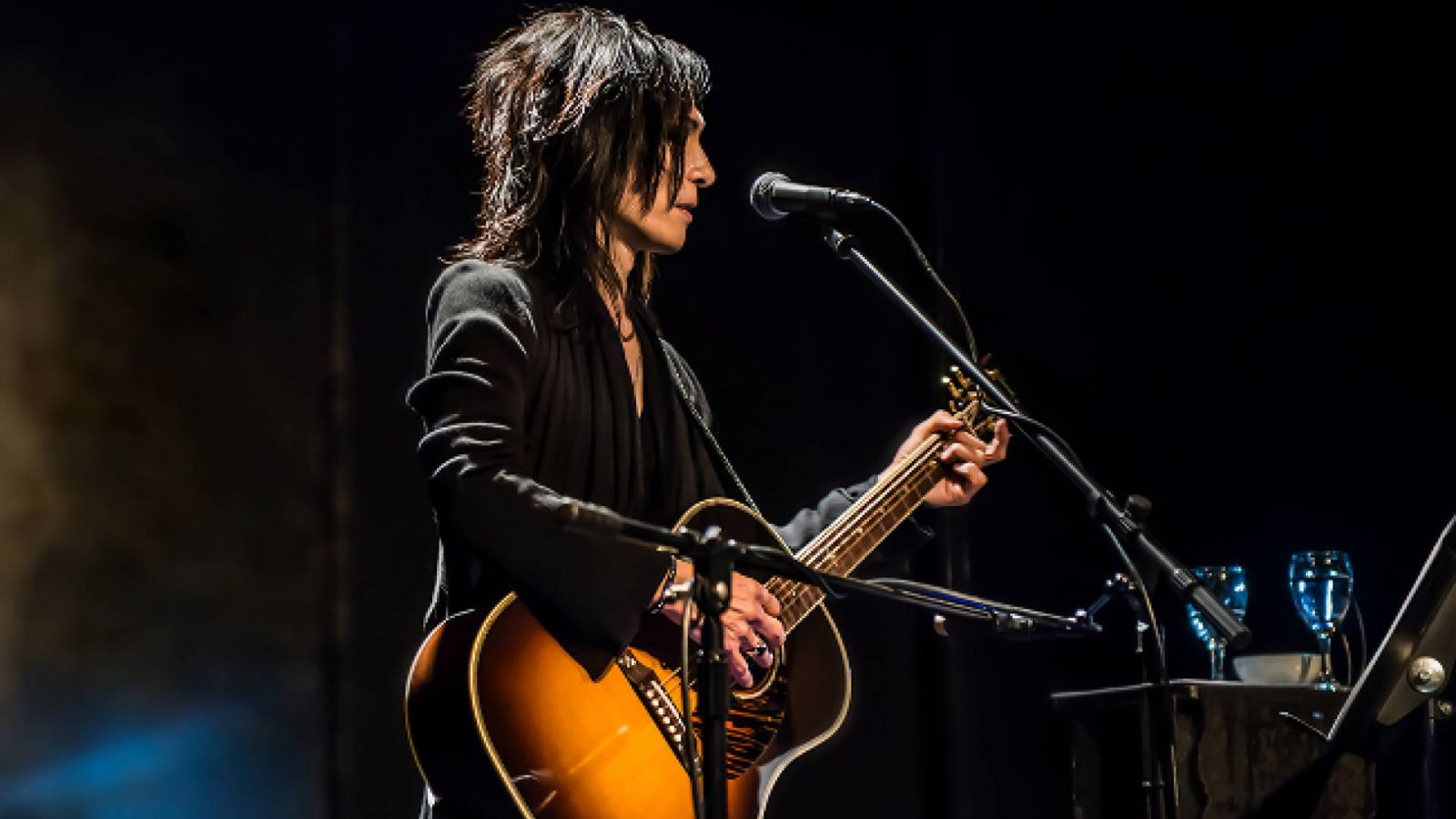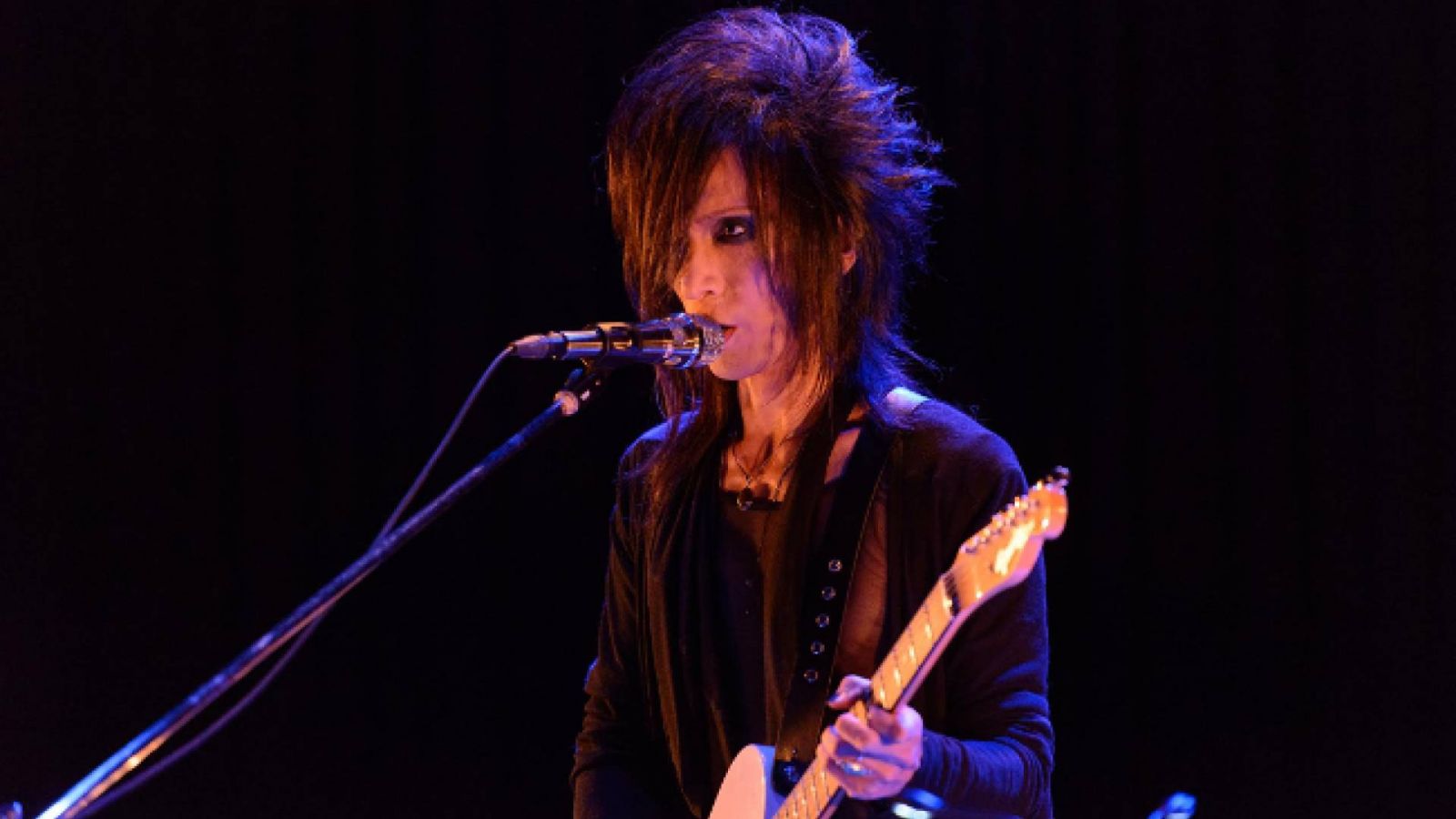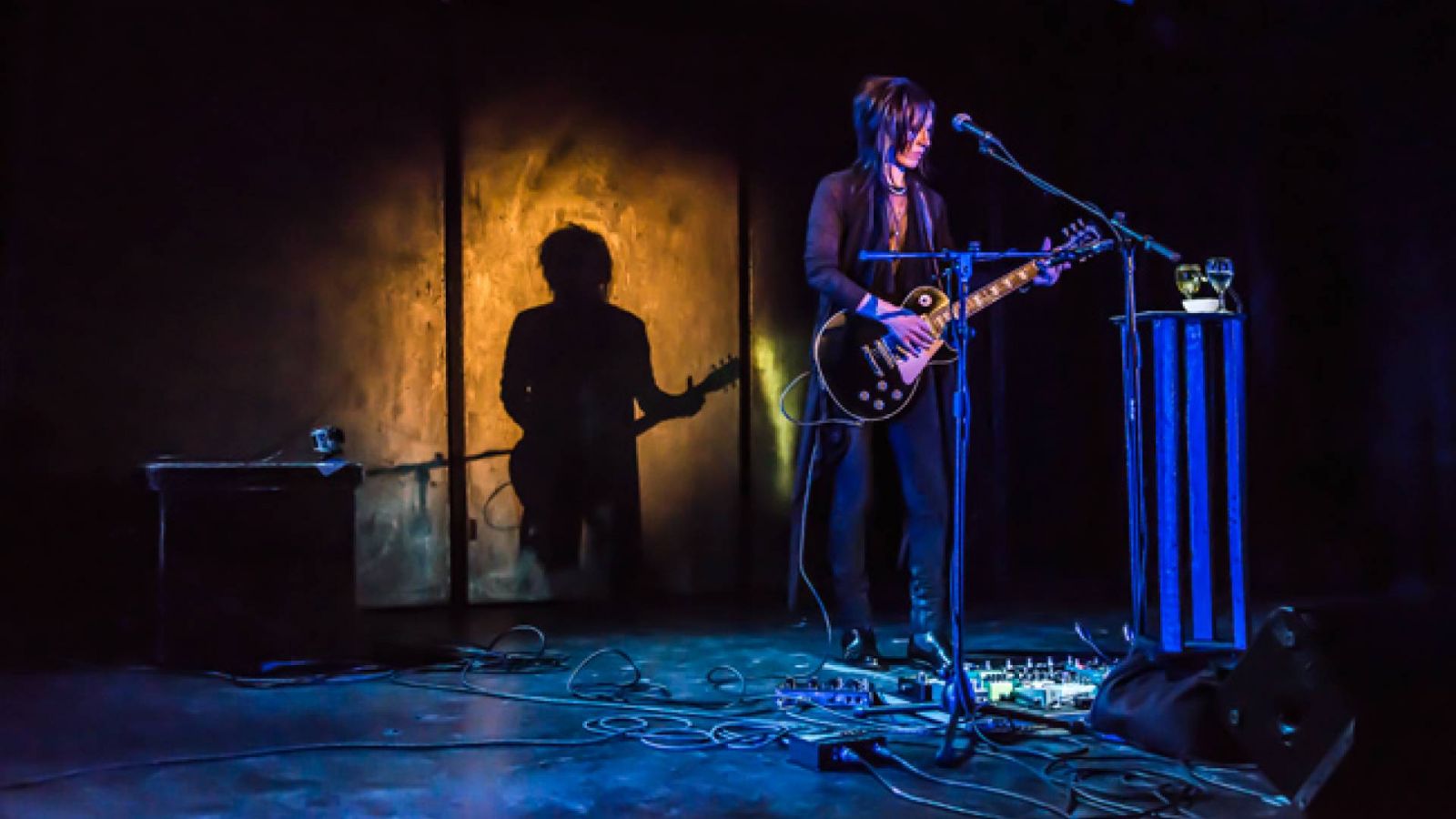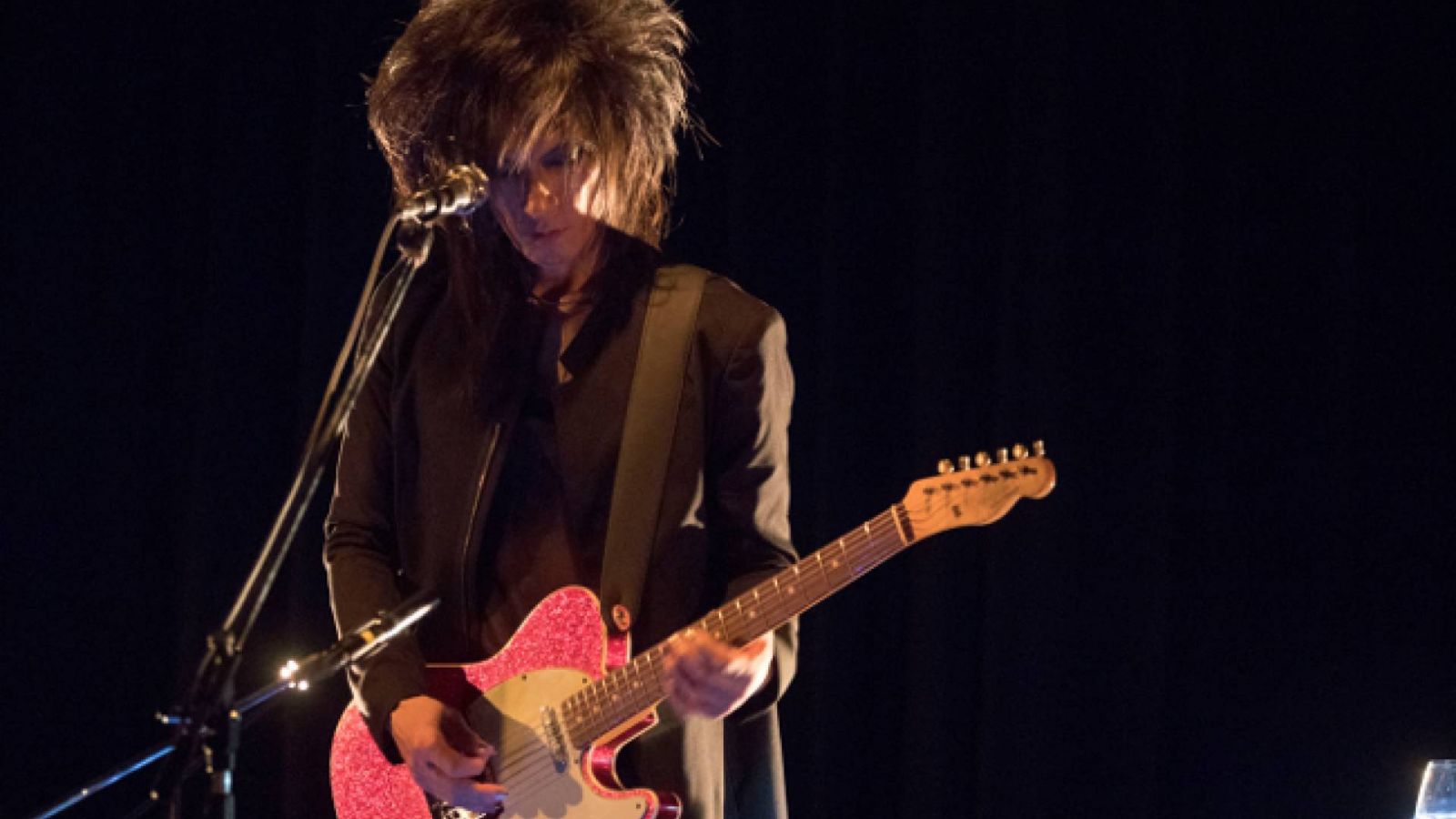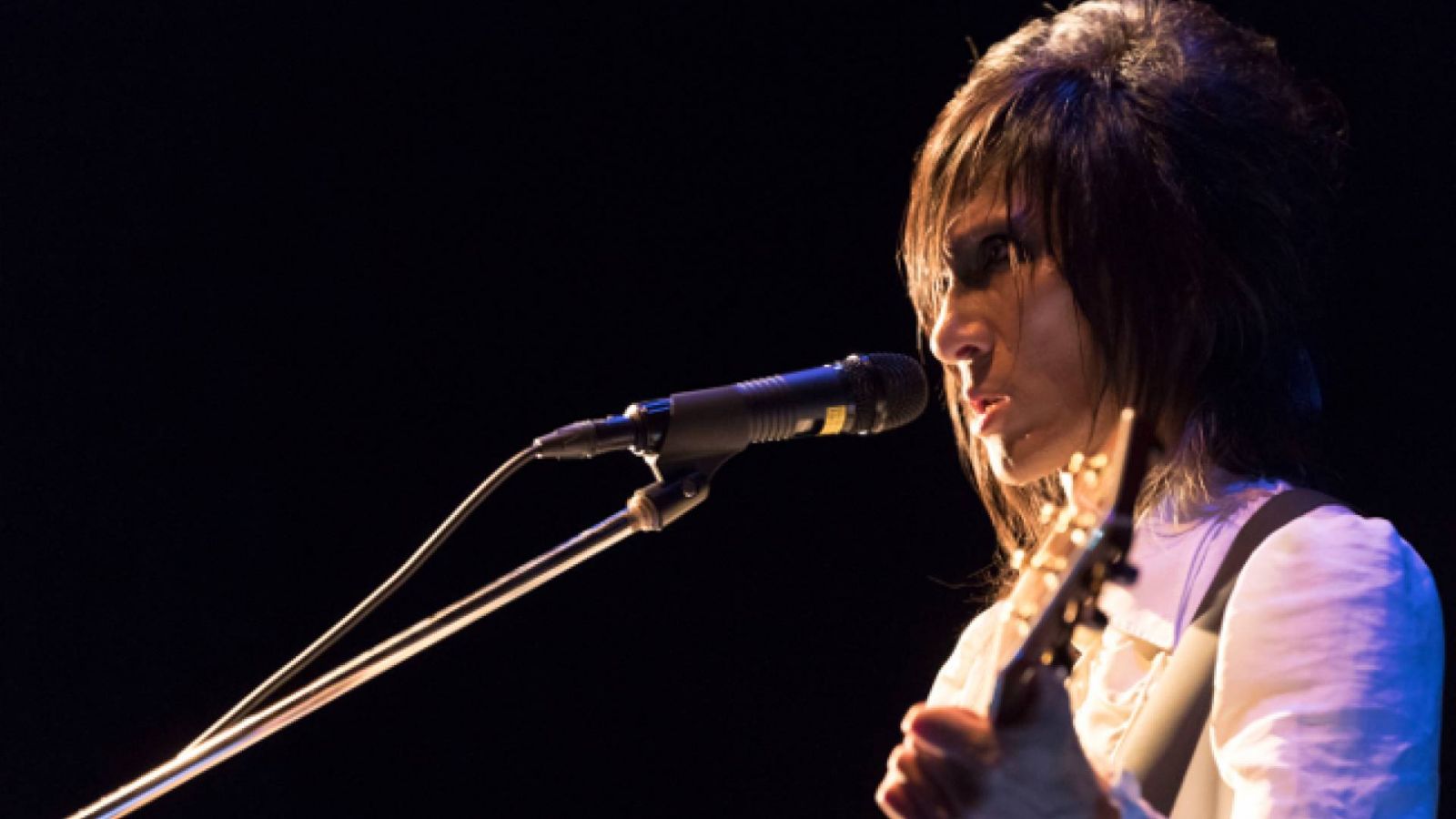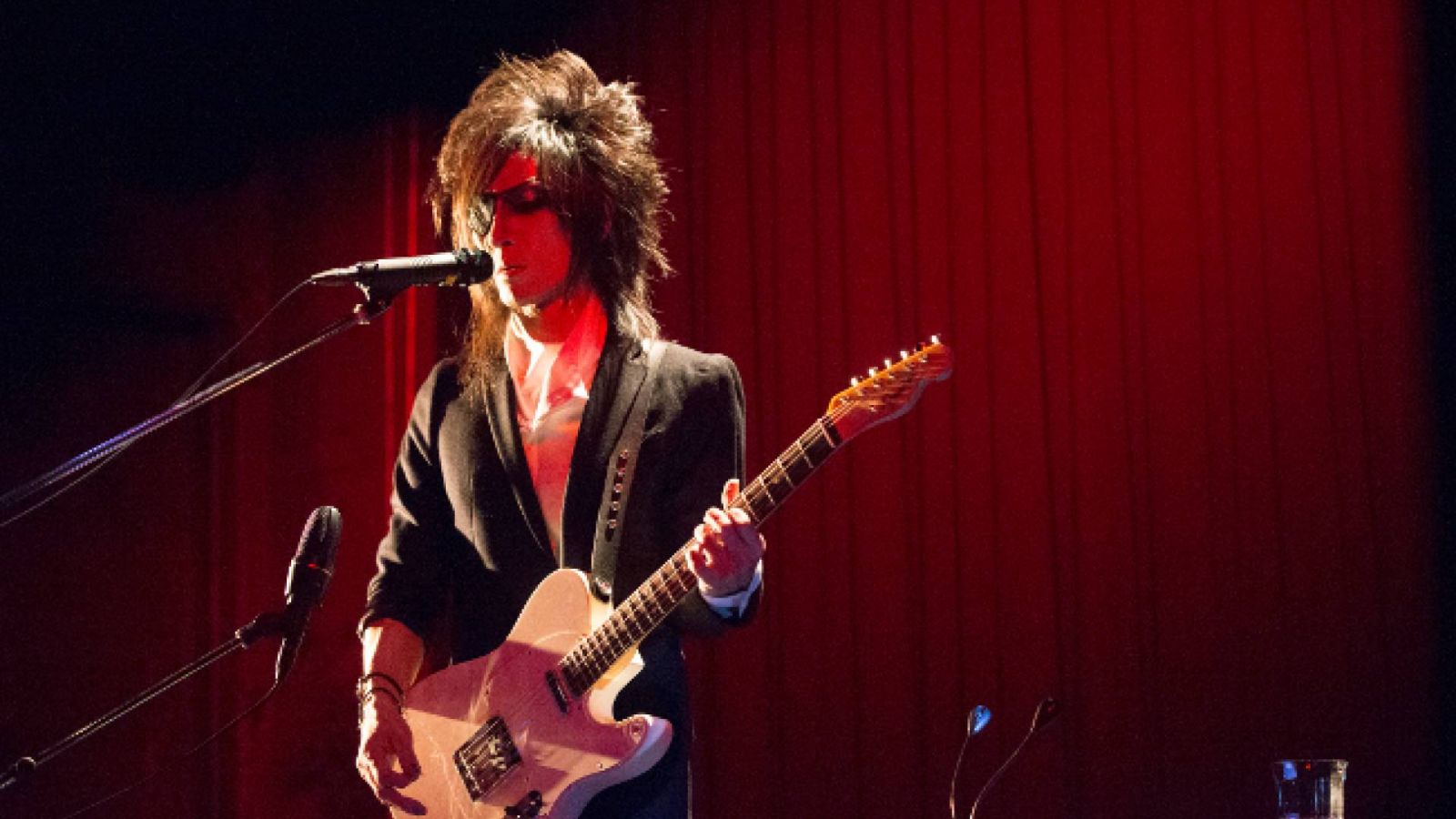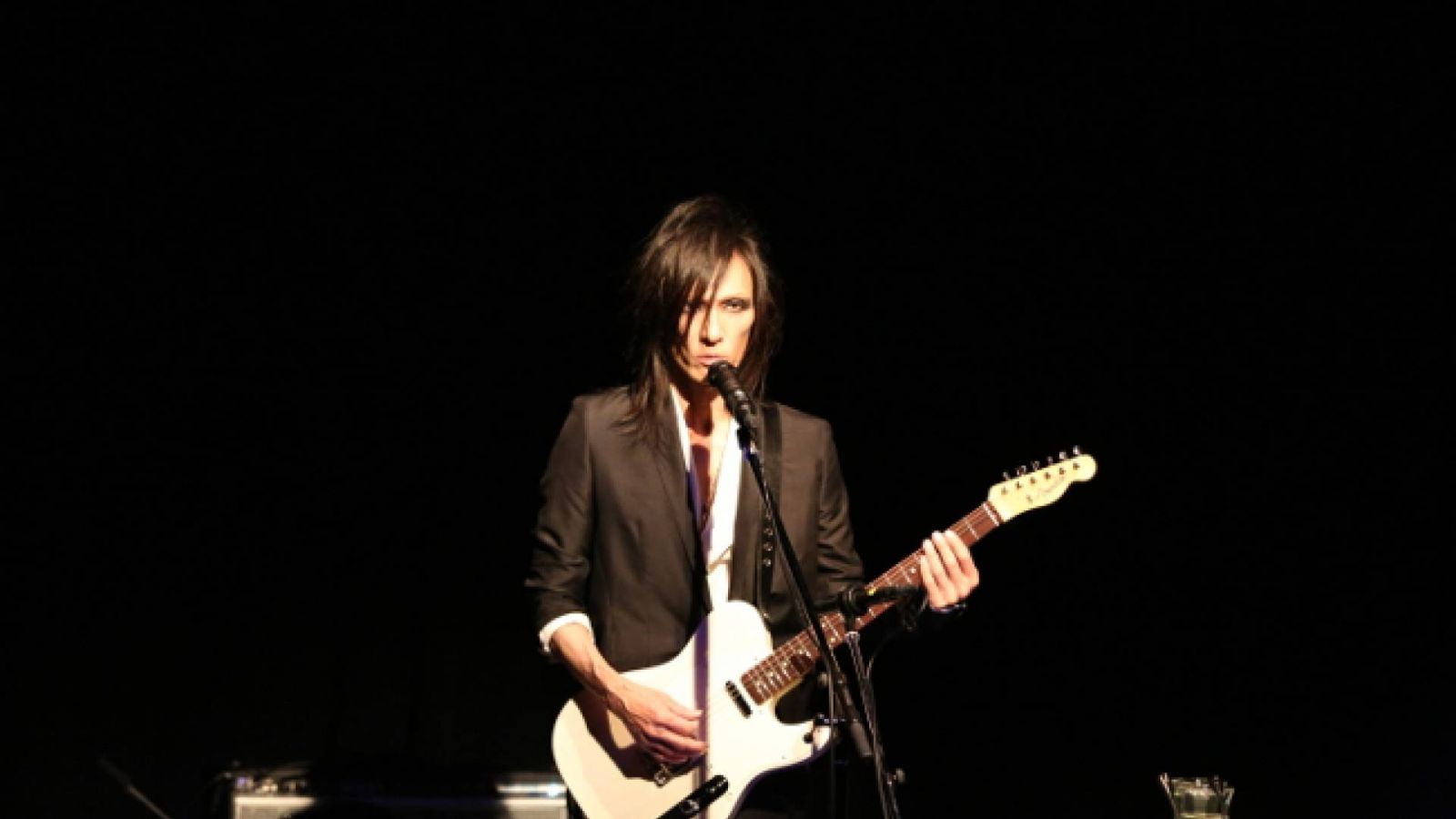A widely recognized music genre created in Japan is visual kei. This unique movement started in late 80’s in Japan and its golden age lasted almost a decade. Traditionally, the Japanese music industry followed UK and US trends, but was unable to produce artists who were appealing to the global market. Just a few artists from Japan were recognized by western audiences in the mid 80’s. Visual kei was largely appreciated by the global audience from early 2000 to this day and has become a well-known genre in the world.
So how was this achieved? How did Japanese visual kei artists form such a unique style that no other artists outside of Japan could? Their role model was
MORRIE. Many of the artists who came after
MORRIE were significantly influenced by his lyrics, music, visuals, and style. Looking into the 1988
shámbara era of
MORRIE/
DEAD END, it was
MORRIE/
DEAD END who presented the blue print of the visual kei genre to later generations.
MORRIE’s three solo albums from the culturally explosive period of New York City between 1991 and 1995 were the leading inspirations for many. During this period of visual kei, it’s nearly impossible to find someone who wasn’t influenced by
MORRIE. The period of time when
MORRIE was absent from Japan (1995 to 2005) was in fact the time the genre matured, bloomed, and gained widespread popularity in Japan.
Upon returning to the music scene with
Creature Creature,
DEAD END, and his more recent
SOLITUDE solo performances,
MORRIE is more influential than ever. Knowing
MORRIE here now is knowing the past and the future.
Can you tell us about the two new songs you played at the show? Some fans pointed out the loss of Yutaka Aoki in the lyrics.
MORRIE: The title of one song is
Falling. The other is
Mirror. Some fans may feel the loss because I sang "Without shadows the eternal is trembling. Your death, reflecting … ” In this song I sing that the mind is a mirror of the universe where we can not distinguish between our mind and the universe. We are the universe, something unknown. When we lost
Yutaka, we lost a unique talent in the universe.
Your new album is expected to be released soon. Did you include some of the new songs, including ones you played at the show, in the tracks? How's that coming together?
MORRIE: The two new songs I played at
SOLITUDE are not going to be included in the new album. Those were composed expressly for
SOLITUDE. Since we stopped
Creature Creature, some
Creature Creature-ness will be poured into my solo. My upcoming solo album will be harder and heavier than ever.
You mentioned that you discovered Yoshiko Sai recently. She was an active singer back in the 70's. After a 30-year break she came back in 2008. Your return was in 2005, after 10 years. There is a connection. We have more tools for discovering music nowadays. Do you use apps like Spotify?
MORRIE: I don’t use Spotify but I do use YouTube and that is where I found her. I was lured by the artwork and clicked on the sound file. Her voice, lyrics and music, all these elements attracted me. It is rare to encounter such a talent like
Yoshiko Sai.
You also covered Space Oddity
by David Bowie. He was a decades-long New Yorker, just like you. Have you been inspired by him in person?
MORRIE: This particular song impacted me when I was 10 years old. I have had a special feeling for this song, a certain happiness of solitude of a dying man in space.
David Bowie had a long career. I respect that and I like some of his albums, especially his early works. I never met him personally; just once at a BAM performance the elevator opened and we looked at each other.
Your SOLITUDE
shows in NYC have very special intimate settings. Fans from all backgrounds connect to your music and naturally develop a unique scene in the world leading melting pot. Cultural crossovers and artistic explosions happened in East Village back in the 90's that spread to the world and you were there. Do you see something similar happening to yourself now?
MORRIE: I am very pleased that my fans are diverse in age, gender, ethnicity, education and economic status. The 90's NYC was dangerous, with crime and drugs. The old historical NYC was still there to see. There were old theaters, signs, architecture, empty lots. Going out we could hear four live band lineups a night in dirty clubs everywhere, graffiti art was on the street and walls everywhere. There were affordable and accessible housing, independently owned bookstores on every corner, independent delis for buying food, and 24 hour cafes. People could live in Manhattan and Brooklyn cheaply and could concentrate on art instead of working to pay their rent. Now there is a bank on every corner, and the same stores that can be found everywhere.
Next year marks the 35th anniversary of DEAD END. Is there a possibility that fans will hear more or are you focused on your new solo band?
MORRIE: I am open to anything but at the moment I will focus on my solo band. I can see the end of this body in "this life" so I'd like to leave behind the music that I really want and have to do.
During your first SOLITUDE
show in NYC last year, you talked about the back story of Serafine
(http://jame-world.com/us/articles-127056-morrie-quot-solitude-quot-at-kraine-theater-new-york-city.html) Do you feel another dynamic shift in recent world?
MORRIE: Patha Rhei. Change is certain. We are all connected with every action having a consequence. I am seeking an eternal answer which is "Why is 'I' this I?" or "What is Being?" or "Why does 'Now Here' only exist?" From these points of view (these are three aspects of the same thing which "I" never describe, only felt by intuition), no matter what happens, it happens as it does. This is not resignation nor desperation but rather a trust in the law of the universe. There is no mystery in the universe. The being of the universe is a mystery.
JaME would like to thank MORRIE for this interview opportunity.
![HYDE [INSIDE] LIVE 2024 -EXTRA- at Makuhari Messe](https://www.jame-world.com/media/image/2024-11/_16-9_14951.jpg)

